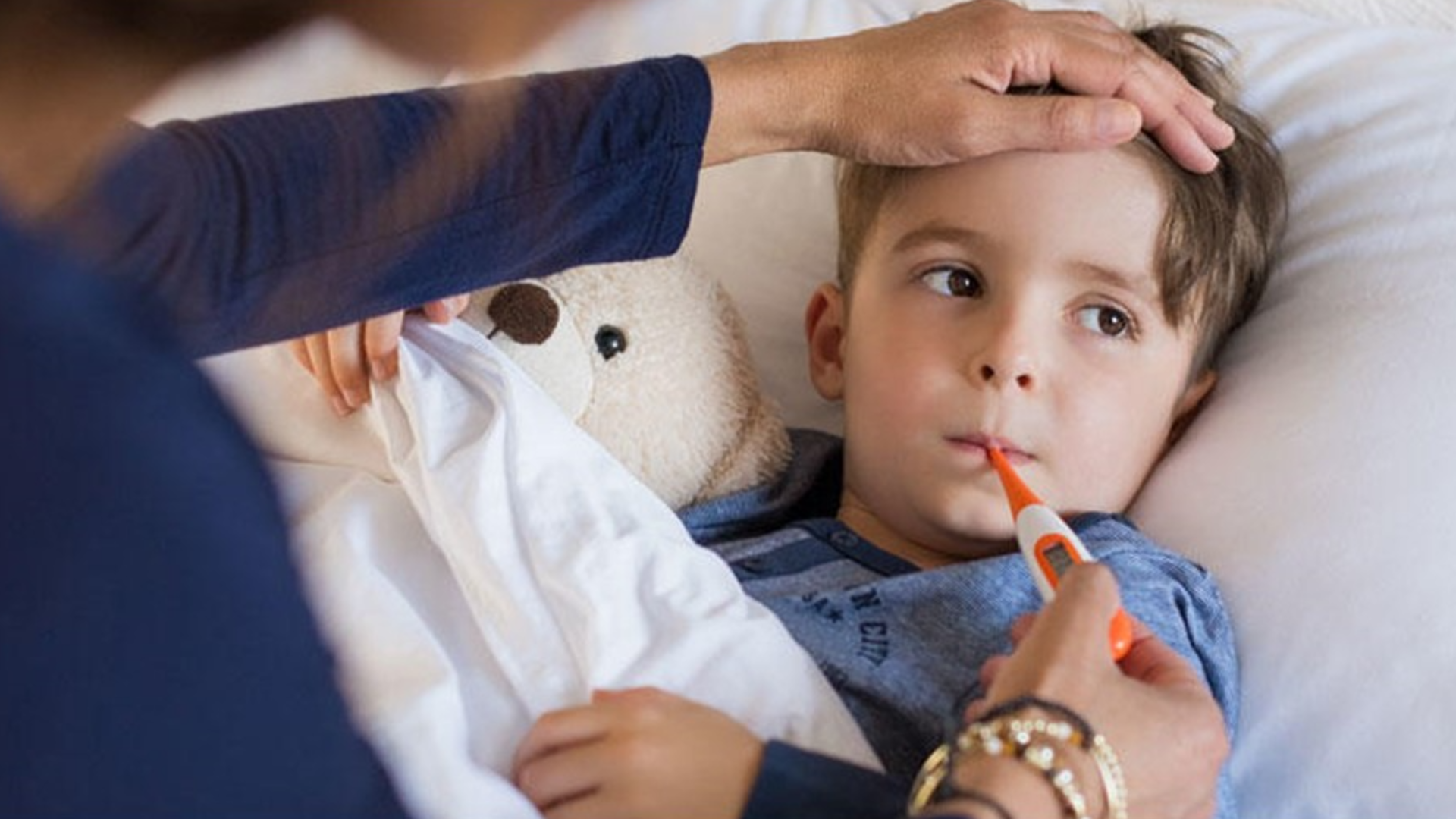PENNSYLVANIA, USA — Kids are now back in school and those under 12 are still ineligible to receive any of the COVID-19 vaccines.
Though there are COVID-19 guidelines in place, children are still susceptible to contracting the virus along with its multiple variants, and, those who have recovered from COVID-19 may still suffer from lingering symptoms. These individuals are called "long-haulers."
The question remains: "Can children be long-haulers as well?" Health experts say yes, but it's not that simple.
"We're not 100% sure whether long-haul COVID patients are having what's called 'post-viral fatigue' as you do with mononucleosis," Dr. John Goldman, infectious disease expert of UPMC of Central Pennsylvania said. "They report many of the same symptoms—being tired, being achy, having brain fog."
Dr. Goldman says it is hard to give a correct percentage of children who experience these symptoms as there are many studies with different information.
"You do a simple search, and you see what percentage of kids in the literature are affected by post-COVID syndrome, you find widely different numbers," he said. "Anywhere ranging from 9% to one that I found recorded as 50%."
In addition to this, Dr. Goldman says the virus is still new, therefore, it is difficult to pinpoint an exact cause.
"A disease that is this new, we don't entirely understand how much of this is similar to post-viral fatigue, how much of this is similar because of the trauma of getting so sick, and how much of this is unique to COVID," he said.
Because each symptom can be attributed to different factors, it is important to do routine check-ups with your child's doctor and even create a treatment plan to ensure there are no severe complications.
"There are enough complications of COVID involving blood clotting, involving the heart," Dr. Goldman said. "You want them checked out to make sure there isn't a long-haul COVID reason for this."
As kids now have in-person learning, there may be some worry of long-haul symptoms spreading. Dr. Goldman assures those symptoms are not transmissible once one is recovered from the virus.
"Even if you have long-haul COVID, you are not infectious," he explained. "So for example, you don't have to quarantine because of long-haul COVID; you're not spreading the disease at that point."
These precautions are also crucial as it pertains to those who are student-athletes. The UPMC Sports Medicine page on the medical center's website contains a playbook highlighting what students should adhere to when practicing safety measures in their respective sport seasons. The link can be found here.

